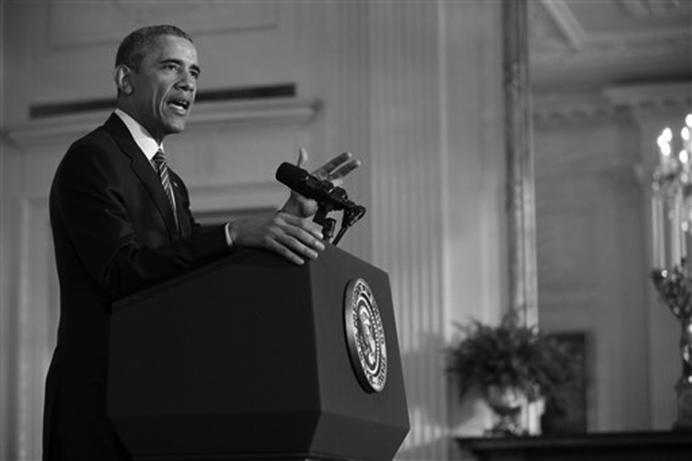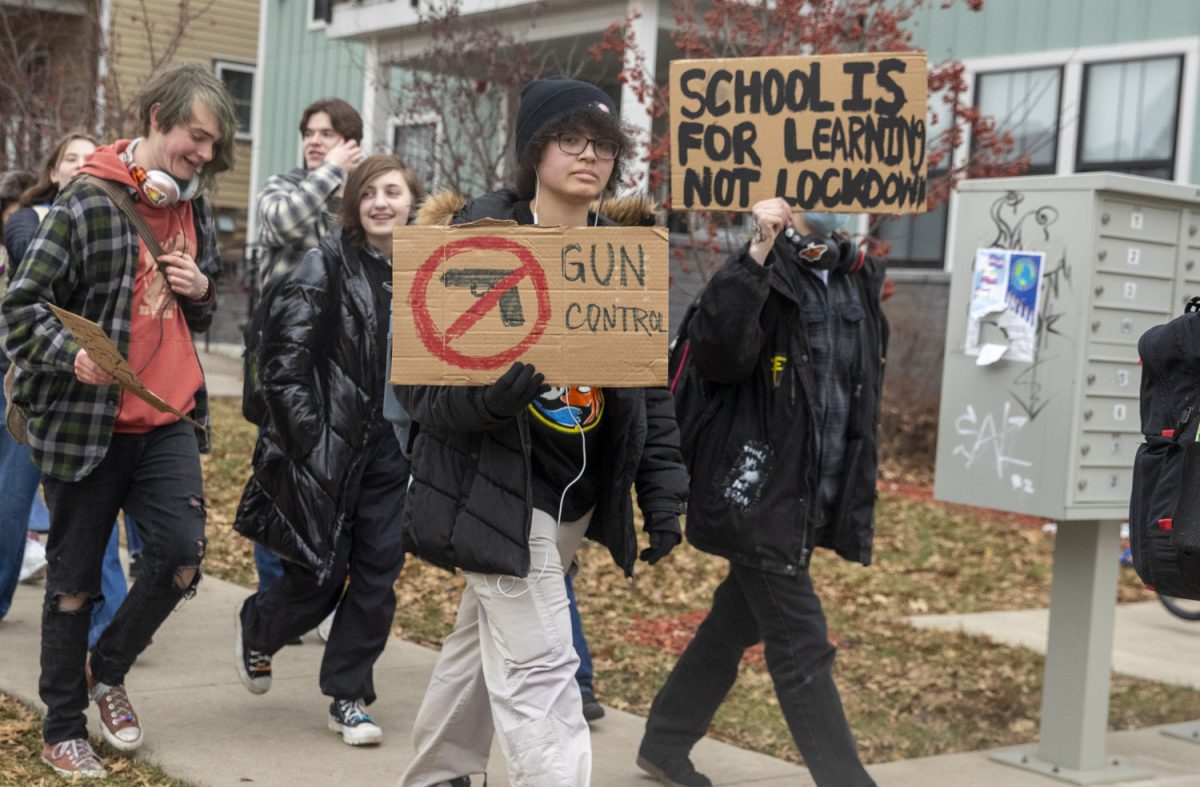President Obama’s historic three-day trip to Cuba has set a precedent in terms of diplomatic relations between the United States and Cuba as he is the first U.S. president to visit the country in 88 years. Given the tumultuous relationship between the two countries and residual Cold War tensions, this the symbolic and tangible effect of Obama’s visit carries the potential to set the tone for positive diplomatic discourse in the future. Despite the conciliatory nature of the visit, undertones of Cuba’s need for political and social reforms could not be ignored.
In order for there to be true progress made in respect to bridging the relationship between Cuba and the United States, neither side can shy away from criticism and acknowledgment of past contention. The foundation of the relationship must be solidified, and that cannot be done without first recognizing points of disagreement in order to embark on the path past them. Obama said he has “no intention of imposing [the U.S.] economic or political principles on Cuba,” but that does not exempt either side from expressing concerns regarding the other’s political and economic decision-making.
If anything the path to true compromise and solidified relations will come from both parties being able to speak without reservation on their grievances. Obama moved toward that goal by encouraging Cuban President Raúl Castro to “embrace the kinds of changes he has long since resisted,” as in listening to the voices of opposition from his own constituency. By doing so, the president is not trying to impose the ideals of democracy on Cuba but rather offering the level of critique that can be expected of two countries in dialogue from a place of mutual respect.
Issues ranging from political representation to the availability of Internet access were touched upon. The intention was not for the president to reprimand Castro, but Obama did not shy away from using this visit to speak candidly. At the same time, it is important to acknowledge that there was not solely an attitude of one-sided criticism on the part of the United States toward Cuba; the president took time to acknowledge the United States’ failings when it comes to race relations. The significance of a black president was not lost on the Cuban people, and the reflection cast by the racial makeup of Cuba served to demonstrate room for improvement on both sides.
The future of U.S.-Cuba relations is uncertain, but the president’s visit was a vital first step toward ensuring continued diplomacy in the future. When there are decades of mistrust and hostility between the two countries, the first instinct may be to hide from the topics that need to be addressed in the name of keeping the peace. However, this achieves just the opposite. Sugarcoating the truth and avoiding the realities of the given situation can achieve nothing of any permanence.







